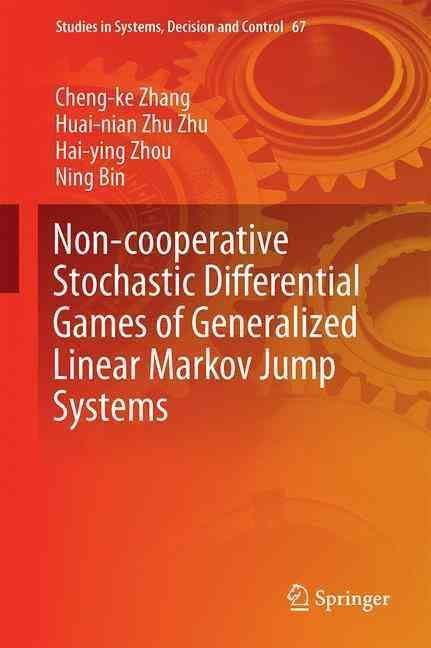This book investigates the most effective behavior change communication (BCC) strategies to reach socio-economically vulnerable mothers to promote early initiation of breastfeeding after birth in rural Niger. It thereby goes beyond conventional research frameworks by looking into multifaceted indicators including socio-economic and demographic status of mothers, environmental health, family and community based social network and typology of field activities. The book analyses demographic indicators by using field based pragmatic perspectives to scrutinise what the numbers tell in the local context. It also analyses a unique dataset of non-health related indicators such as income poverty to measure socio-economic vulnerability of mothers, involvement of and interactions with other family and community actors in child healthcare in addition to conventional socio-economic, demographic and health seeking behavioural indicators. The book draws policy and strategy recommendations based on the thorough analysis of each risk and protective factor for breastfeeding after birth to redirect technical and financial investment towards its most effective use for the optimal coverage of populations deprived from access to basic health and social services. As such this book is a very valuable read to researchers, public health and nutrition experts and decision makers in child health.












